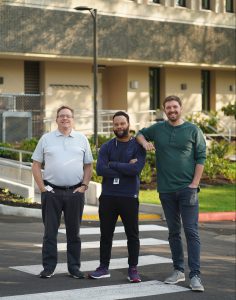
Ecology’s Toxics Reduction Program sets ambitious targets in the 2022-2026 Action Agenda
An often unacknowledged but surprising aspect of modern life is that toxic chemicals are pretty much everywhere. We encounter them in common consumer products and building materials. Toxic chemicals are also used in manufacturing processes throughout a wide range of industries.
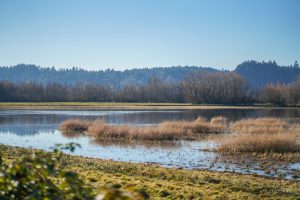
FUNDING OPPORTUNITY: Learn more about the Strategic Initiative Leads’ new 2022 requests for proposals!
Following the release of the 2022-2026 Action Agenda, the Habitat, Shellfish, and Stormwater Strategic Initiative Leads (SILs) have released requests for proposals to solicit programs, activities, and lines of work that protect and restore habitat, water quality, and harvestable shellfish beds.
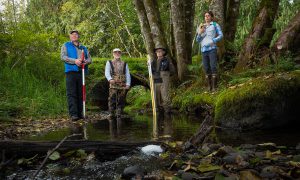
Trekking the Backroads Counting Culverts for Salmon
“The Sound is my backyard, the Sound is my dinner table, the Sound is my heart. We call it the Salish Sea and it is
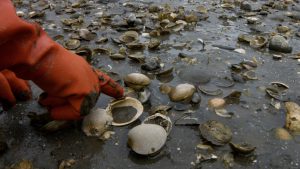
Restoring the Olympia, Washington’s only native oyster
The Olympia oyster, Ostrea lurida, is the only oyster native to Washington. Its historical range stretches from the coasts of British Columbia down to Southern California. Before the arrival of white settlers in Washington, there may have been 20,000 acres of Olympia oysters living throughout the bays and inlets of Puget Sound.
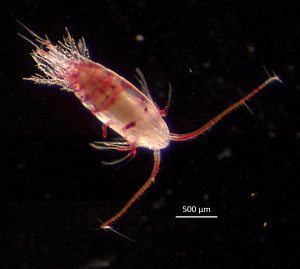
Monitoring the tiny creatures at the base of the food web can have a big impact
Zooplankton are a diverse group of small organisms that drift in marine and freshwater and feed on phytoplankton (plant plankton) and other zooplankton. This group includes jellyfish and comb-jellies, small crustaceans like copepods and krill, the larval forms of crabs and oysters, the larval or juvenile forms of some fish, and many other organisms.
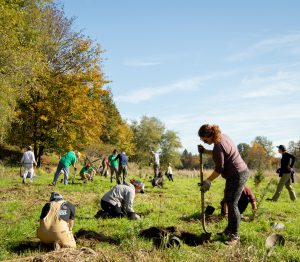
Pierce Conservation District, breaking new ground
Last year, Pierce Conservation District became the first of its kind in the nation to create a carbon credit program. As one of 45 conservation districts in Washington State and approximately 3,000 nationwide, this is a big win in the fight against climate change for the state.
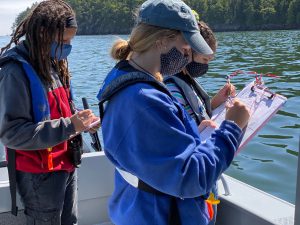
The Salish Sea School, inspired by orcas
Born and raised in Virginia, Amy Eberling’s love of the ocean began on family trips to the Assateague and Chincoteague Islands. Although she may not have realized it at the time, those experiences planted a seed that would later bloom into The Salish Sea School.
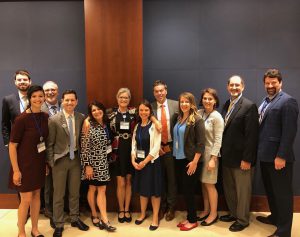
Puget Sound Day on the Hill: Bringing federal attention to Puget Sound
For the last six years, the Puget Sound Partnership and the Northwest Indian Fisheries Commission have held an event that draws attendees from around the
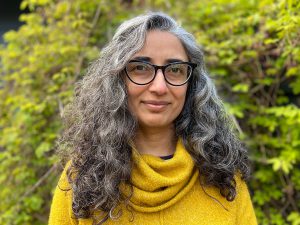
Making Waves Conversations: Anji Moraes
Laura Blackmore, executive director of the Puget Sound Partnership, speaks with Anji Moraes, senior program officer at Vulcan Inc. They discuss salmon recovery, the removal of obsolete dams in the Pacific Northwest, and how infrastructure can help with salmon recovery and climate change adaptation. This interview was recorded on March 23, 2021.
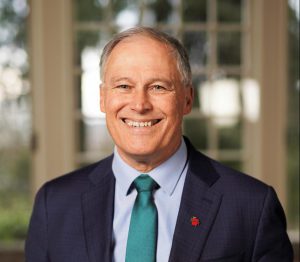
Making Waves Conversations: Governor Jay Inslee
Laura Blackmore, executive director of the Puget Sound Partnership, speaks with Governor Jay Inslee. In their conversation, they discuss the important connections between climate change, Puget Sound recovery, and environmental justice. This interview was recorded on March 8, 2021.
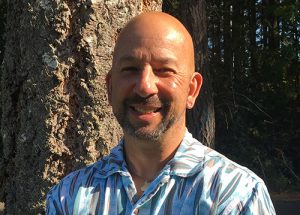
Making Waves Conversations: David Troutt
Laura Blackmore, executive director of the Puget Sound Partnership, speaks with David Troutt, natural resources director for the Nisqually Indian Tribe. In their conversation, they discuss salmon recovery, climate change, and moving I-5 off the Nisqually Delta. This interview was recorded on February 25, 2021.
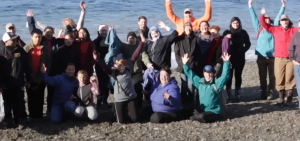
Orca Recovery Day brings people together for collective action
The Southern Resident orcas that call Puget Sound home are critically endangered. For the last few years, Washington Conservation Districts—along with dozens of non-profit and
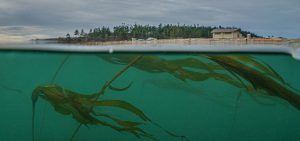
Puget Sound is losing its kelp, but there’s a plan to save it
Did you know that some kelp species are among the largest of all seaweeds? And did you know Washington state is home to 22 species
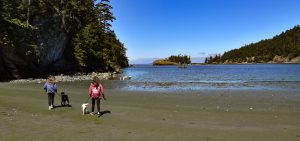
Restoring a natural shoreline brings both people and fish back to Bowman Bay
https://youtu.be/nPrN8GY-W00 In 2017, the Northwest Straits Foundation, Skagit Marine Resources Committee, Washington State Parks, and Skagit Fisheries Enhancement Group completed a restoration project at the
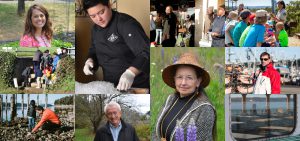
How our sense of place can help us restore Puget Sound
Puget Sound is a unique place. It’s one of the largest estuaries in the nation, a mix of freshwater from rivers and streams and saltwater

